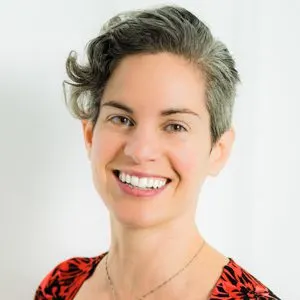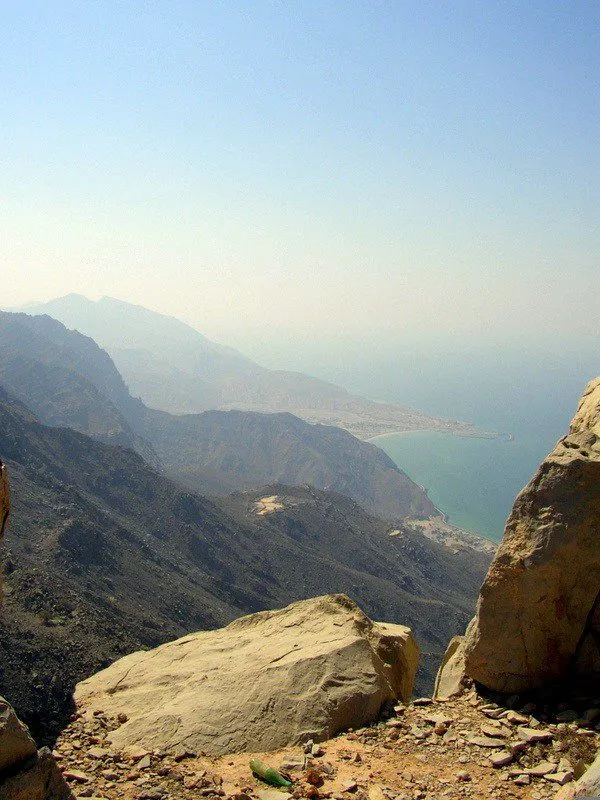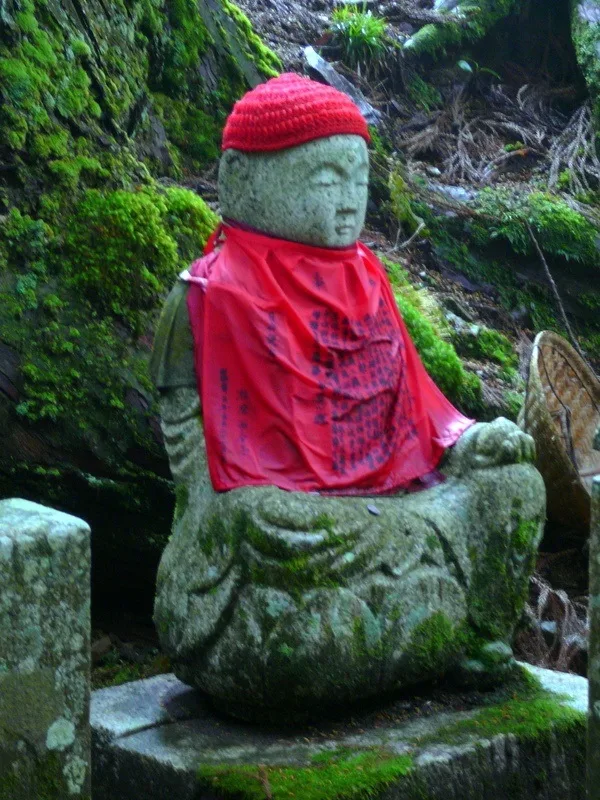TeachingTraveling.com: Thanks for chatting with us, Kelly! Tell us about yourself.
Kelly: I’ve been an educator for 18 years, though I didn’t take a traditional path into the profession, having interrupted my undergraduate degree to start a family.
As soon as my children were old enough to go to school, I went back to school part-time and finished up my BA.
I started teaching at the laboratory school on campus during the semester prior to graduation, and continued there as a faculty lecturer and classroom teacher for the next few years.
Following the reorganization and subsequent downsizing of the program, I eventually ended up teaching overseas. For 5 years I taught in Dhaka, Bangladesh at an American school whose student population consisted primarily of Foreign Service and development workers’ families. I taught in both upper elementary classrooms and the computer lab before heading back to the US to pursue post-graduate work in educational technology.
During that time I spent one year in a public elementary school earning my library media endorsement. Heading back overseas, I spent two years in Dubai as the Library Coordinator at a proprietary school that was based upon the American system but offered the IB diploma program as well.
From there I went to Osaka as the English language librarian and elementary computer teacher in a bilingual school for Japanese and expat students that offered all three IBO programs. Eventually I ended up in Melbourne, Australia as a MS librarian in a large private school spread across three campuses.
After three years there, my husband and I moved back to the US where I now work part-time as both a librarian and a computer teacher serving rural schools in Montana. Of the four schools in which I work, three of them are one-room schoolhouses with anywhere from 9 to 15 students in grades K through 8.
TT: What an amazing range of experiences! Is there one destination that really stands out for you?
K: At the risk of sounding snobbish, I’ve spent so much of my adult life travelling that it’s difficult to put my finger on one particularly special trip. Living overseas lent itself to finding and exploring places I would never have thought of visiting had I not been living close by, and each time I travel I learn more not only about my destination but about myself as well.
There are episodes from trips that spring to mind, like the taxi driver in Oman in 2004 who drove me from my hotel in upscale Muscat to the old Muttrah souk, and then insisted on waiting for me, saying that he would come and find me in an hour and a half if I hadn’t returned to the taxi.
When I tried to pay him for his extra time, he refused, saying that it was his responsibility to make sure I returned safely to my hotel. He would only accept the cost of the round trip drive.
When I returned to the US and my household goods shipment arrived from Australia earlier this year, I found the scrap of paper on which he’d written his telephone number in the event I got stranded during my stay in his country.
TT: A beautiful story. How have you found all your travel opportunities?
K: It has been my experience that the best trips are the unexpected ones. Perhaps this is because I go into them without preconceived notions of what I’ll find. More often than not, these are the trips that I wouldn’t have taken had I not been living in the region, recommended to me either by locals or longtime residents as places not to miss.
For example, in Bangladesh it became somewhat of a tradition for teachers from my school to charter a live-aboard sightseeing boat during the first long weekend of the school year, which also happened to correspond with the tail end of the monsoon season.
The water was still high, and the trip took us from Khulna into the Sundarban mangrove forest at the mouths of the Ganges and Brahmaputra Rivers where we hunted for evidence of the tigers living in the forest while spotting the various bird species on their way south for the winter. I can’t imagine that I would have found this opportunity had I not been a part of the teaching community there.
TT: So cool! How did you find the money to fund all your travel?
K: Because I was living in the regions where I tended to travel, the actual cost of the trips was minimal in comparison with what it would have been from my home country.
TT: Important to remember. Tell us one moment from your travels that was particularly powerful.
K: My sister came to visit me in Osaka in 2007, and we travelled by train to Mount Koya where we’d organized a stay in a Buddhist temple. Shukubo, or temple stays, are a great way to experience aspects traditional Japanese culture. There is quite a large network of them throughout the country, and they are very easily organized.
On top of Koyasan there is an enormous Buddhist cemetery, and my sister and I had a walk through it upon arrival late in the afternoon.
After a night in the temple in a tatami room with shojin ryori (vegetarian meal for monks) for dinner and breakfast, we went back to the cemetery for another walk. After the cultural sidestep we’d taken by staying in the temple, and the fact that the morning fog had not yet burned off, it was a completely different experience from that of 16 hours earlier, solemn and spiritually quite powerful.
TT: How have your travels impacted you as a teacher, and how have your travels impacted you as a person?
K: I’m answering these two queries together because my life as a teacher is inseparable from my life in general. Travelling the way I have done it has given me permission to be the novice as opposed to the expert. It gives me the luxury of sitting back and absorbing more of the nuances of an experience rather than feeling that I have to be in control of it.
This carries over to my work with students in that I can simply present an event or a book or an experience, and not feel that I have to make sure every single body in the room has the same encounter with it.
My job has evolved into being an instigator, or perhaps an investigator, of new ideas and events. It demands a paradigm shift, especially when it comes to translating this into traditional educational language at reporting or conference time, but it does offer a much more complete picture of each student as an individual
learner.
TT: Gorgeously worded. What advice do you have for other teachers who are dreaming of travel?
K: Do it… often.
TT: Thanks so much, Kelly, for your wonderful life story and advice!

The author, Lillie Marshall, is a 6-foot-tall National Board Certified Teacher of English from Boston who has been a public school educator since 2003. She launched TeachingTraveling.com in 2010 to share expert global education resources, and over 1.6 million readers have visited over the past decade. Lillie also runs AroundTheWorld L.com Travel and Life Blog, and DrawingsOf.com for educational art. Do stay in touch via subscribing to her monthly newsletter, and following @WorldLillie on social media!




chris
Thursday 23rd of December 2010
How was teaching at the laboratory? Did you find it interesting or fun?